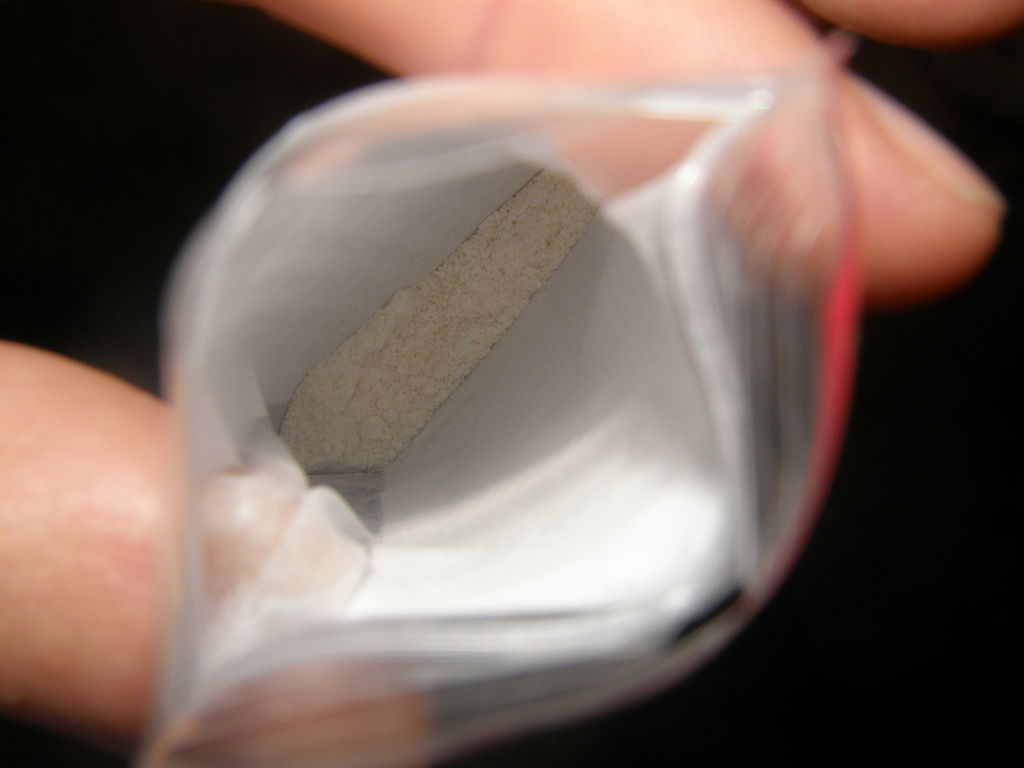Home Secretary Sajid Javid is responding to a rise in violent crime on the streets of London by attempting to tackle middle-class drug use. He’s launched a major review of the issue that will focus on use amongst professionals. These statements haven’t been formed into any specific legislation yet. Authorities are blaming the middle-class as a driver of knife violence and crime since they are oblivious to the fact that they are buying their drugs from criminal gangs.
Metropolitan Police Chief Cressida Dick recently denounced this demographic of drug users as hypocrites: “There is this challenge that there is a whole group of middle-class – or whatever you want to call them – people who will sit around … happily think about global warming and fair trade, and environmental protection and all sorts of things, organic food, but think there is no harm in taking a bit of cocaine. Well, there is; there’s misery throughout the supply chain.”
I like to think that she imagines the middle class indulging in discussions about their neo-liberal causes as they sniff lines of cocaine off sterling silver tablets after the bio vegan hors-d’oeuvres and champagne at middle-class parties, perhaps keeping their pinkies in the air when they hold their rolled-up notes for a touch of elegance. But, as satisfying as it may be to wag an accusatory finger at the well-off and blame them for promoting street violence with their decadent demands for expensive drugs, perhaps we ought to take a step back and analyse this accusation: is it fair to blame the consumers of drugs for the dangers associated with selling them? After all, I’m sure rich people would rather buy drugs that don’t worsen gang violence and that are not mixed with vermifuge and Colombian tears.
The Home Secretary’s grand plan to reduce street violence doesn’t stop at further criminalising drug buyers: he has also unveiled a £200 million fund to support and mentor youth at risk of becoming drug dealers in violent crime areas. This would be a good idea if his Tory government hadn’t been slashing funding for such projects for the past eight years. According to shadow Home Secretary Diane Abbott, this sum is a paltry replacement for what has already been taken away. Javid also proposes to introduce a statutory duty for professionals to report suspects of violent crime – for example, teachers in at-risk areas reporting students they suspect might be engaging in the illegal drugs market. Even though teachers probably wouldn’t be punished for not reporting students, I must say I have no idea how labelling kids in dangerous areas as criminals and reporting them based only on their suspicions is supposed to help them. A consultation on this idea is underway.
I don’t deny that buying cocaine from criminal gangs drives competition between them: a competition that is translated into violence. Clearly, that should be avoided. I do wonder what would happen if people had the option to source their drugs from a reliable, non-violent and decriminalised source. Maybe I’m viewing the world through rose-tinted glasses, but I imagine that it would strip a major source of income and power away from criminal gangs, reducing the violence and harm they cause in already disadvantaged communities.
Alice Forney

